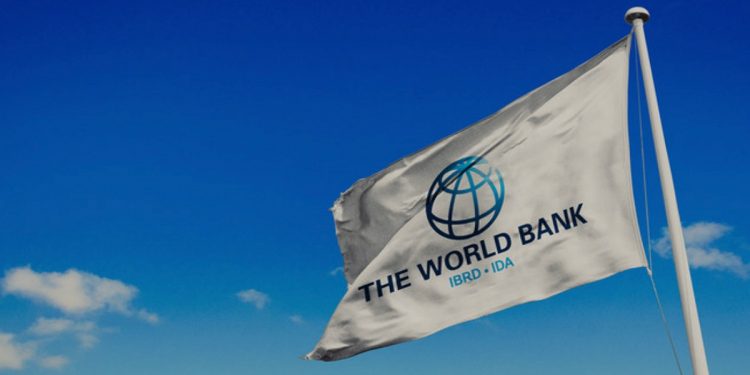The Federal Government has secured a $500 million loan from the World Bank to accelerate growth across Nigeria’s agricultural value chains, in line with President Bola Ahmed Tinubu’s Renewed Hope Agenda for food security, job creation, and rural industrialisation.
The facility, announced in a statement signed by Ezeaja Ikemefuna, Head of the Department of Information at the Ministry of Agriculture, is expected to strengthen productivity and unlock new opportunities for farmers, processors, and small agribusinesses nationwide.
Minister of Agriculture and Food Security, Senator Abubakar Kyari, disclosed this during a courtesy visit by a World Bank delegation led by Hardwick Ichale, Head of the Agriculture Value Chains for Growth (AGROW) Project, held at the ministry’s conference room in Abuja.
Kyari said the loan would help close long-standing gaps in smallholder farming by improving connectivity across production, processing, and marketing systems. He explained that the World Bank’s $14 billion six-year Agri-Connect initiative aims to link farmers, processors, markets, and financial systems to build stronger value chains, expand agro-processing capacity, and enhance rural livelihoods.
“The World Bank’s support will strengthen our agricultural base by improving connectivity across production, processing, and marketing systems. This is about turning smallholder farming into profitable, sustainable agribusiness,” Kyari stated.
He noted that the initiative would support farmer aggregation, market linkages, and the integration of micro, small, and medium-sized enterprises (MSMEs) into key value chains while ensuring transparency and accountability to maximise impact.
According to the minister, the intervention aligns with Tinubu’s Renewed Hope Agenda and complements existing Federal Government programmes, such as the Special Agro-Industrial Processing Zones, aimed at driving rural agro-industrial growth and expanding opportunities for youth and women in agribusiness.
World Bank’s Head of Delegation, Hardwick Ichale, said the Agriculture Value Chains for Growth Project would unlock Nigeria’s agribusiness potential by boosting productivity, creating jobs, and promoting inclusivity across the sector.
“The key purpose is to enable farmers to see farming as a business,” Ichale said, adding that the project would focus on value chains such as rice, maize, soybean, and cassava.
The meeting reaffirmed the shared commitment of both the Nigerian government and the World Bank to strengthen agricultural productivity and competitiveness, laying the foundation for sustainable food security and rural prosperity across the country.










